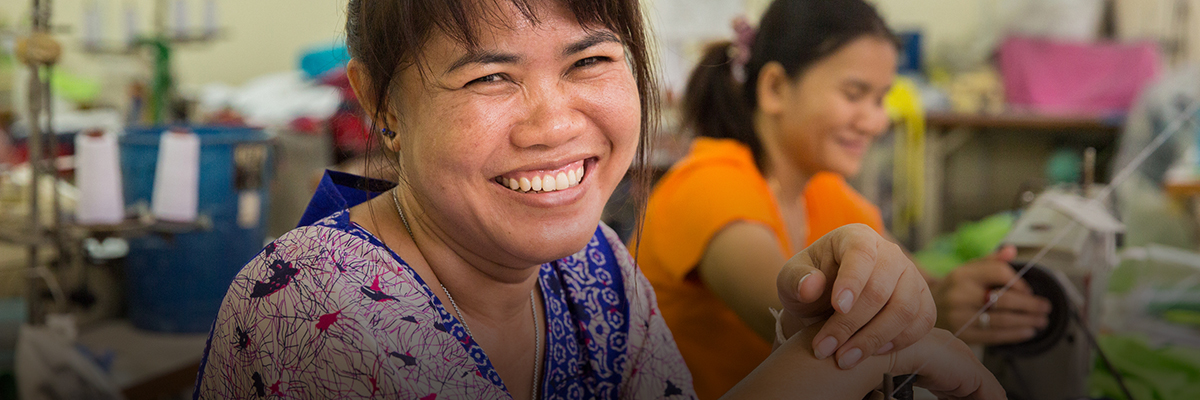London
May 17, 2017
2:30 - 5 pm GMT
At the current rate of change, it will take more than 100 years to achieve full gender equality. While many companies are making top-level commitments to women’s empowerment and gender equality, few companies have matched commitments with concrete plans integrated throughout the business. As a result, companies are missing out on tremendous potential gains—from improved performance and employee retention, to innovation, to expansion into new markets.
The Women's Empowerment Principles (WEPs) Gender Gap Analysis Tool is designed to help companies close the gender gap. It helps the global business community identify gaps in its performance on gender equality and enables companies to make informed decisions on setting goals and strategies. BSR, the UN Global Compact, and other partners led the development of the tool through global consultations and piloting with more than 190 companies.
Join BSR and the UN Global Compact Network UK for an afternoon session introducing the WEPs Gender Gap Analysis Tool and exploring the WEPs in the context of the Sustainable Development Goals. Participants will also hear from companies that have already used the tool and taken action based on results.
Event Partner

